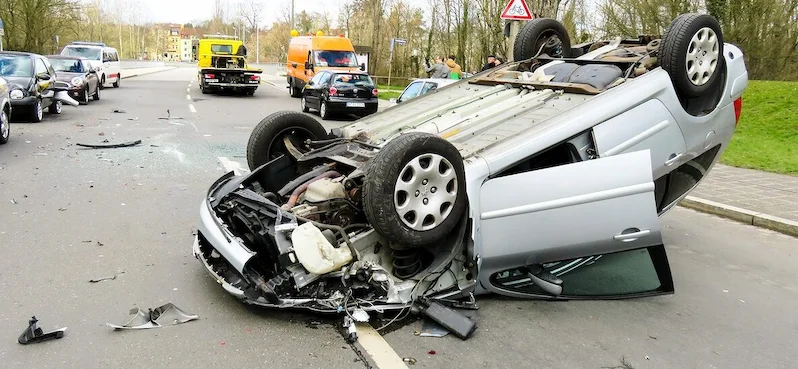Lifesaving Steps to Take After a Drunk Driving Accident
Introduction to Drunk Driving Accidents
Drunk driving remains a critical concern globally, with grave consequences impacting individuals and communities. Each year, alcohol-impaired driving accounts for a significant portion of traffic fatalities, particularly affecting weekends and late-night hours. Recognizing the severity of these accidents emphasizes the need to know how to react after a drunk driving accident. This awareness enhances safety and aids in legal and insurance proceedings.
Often, victims experience shock and anxiety in the immediate aftermath of an accident. However, understanding how to remain calm and take appropriate actions can mitigate long-term repercussions. This article outlines crucial steps every driver should consider, from evidence gathering to seeking medical and legal help, to navigate the post-accident process confidently.
Immediate Actions at the Accident Scene
The moments following an accident are pivotal. The first crucial step is to ensure safety; therefore, moving to a safe area away from traffic is advisable if the conditions allow. Assessing the situation with a level head is vital, as panic can lead to poor judgment. Check for injuries to yourself and others involved, ensuring no one is in immediate danger.
Immediately contact emergency services. Provide clear and concise information about the location, the number of vehicles involved and known injuries. Prompt action facilitates a quicker response from medical professionals and law enforcement, which can be lifesaving.
If it’s safe, administering basic first aid to anyone injured while waiting for emergency responders can be highly beneficial. Simple measures like stopping bleeding or stabilizing an injured limb can prevent conditions from worsening and potentially save lives.
Documenting the Scene: A Vital Task
Collecting detailed documentation at the accident scene is critical to the post-accident process. High-quality photographs and videos of vehicle positions, damages, road conditions, and any relevant signs or signals serve as vital evidence. This visual record supports your version of events and is invaluable for insurance and legal purposes.
Additionally, making notes about the accident can preserve essential details that may fade from memory over time. Include information such as the time and date of the accident, weather conditions, and your immediate impressions. Comprehensive documentation ensures clarity during later discussions or disputes.
Witness Accounts: Gathering Testimonies
Witnesses can offer an impartial description of the accident, providing viewpoints that might not be obvious to those directly involved. Kindly ask onlookers if they would be open to sharing their insights. Having witness testimonies on record can prove beneficial when resolving disagreements over details at a later time.
Obtain contact information from witnesses and use your phone to record their statements. Capture details about what they saw, heard, or perceived regarding the behavior of the drivers and the sequence of events. Witness accounts can reinforce your claims during insurance evaluations or in court.
The Role of Law Enforcement
Law enforcement personnel have a crucial function to perform following a car crash. They come ready to record the scene thoroughly. Officers will evaluate the circumstances, capture images, and conduct preliminary discussions with drivers and witnesses to collect brief statements.
It is important to cooperate fully with law enforcement and provide them with accurate information. Avoid speculating about causes or apologizing, as such remarks can be misconstrued. Officers are trained to remain impartial, and providing clear facts assists them in creating an unbiased report that stands up to scrutiny.
Seeking Medical Help and Keeping Records
Regardless of perceived minor injuries, seeking a medical evaluation following an accident is a non-negotiable step. Specific injuries, such as whiplash, soft tissue damage, or internal trauma, may not present immediate symptoms. Early diagnosis ensures timely treatment and prevents escalation of injuries.
Maintaining detailed records of medical consultations, treatments, and any prescribed rehabilitation is essential. These documents substantiate injury claims with insurance companies and may be critical to any legal proceedings. Accessing your health information effectively involves understanding how to utilize frameworks like HIPAA to obtain your medical records.
Understanding Legal Rights and Responsibilities
After an accident, it is crucial to understand your legal rights and responsibilities fully. Exchanging information, such as insurance and contact details, with other parties involved is courteous and necessary. This exchange provides the groundwork for filing claims or addressing disputes.
If potential legal complexities arise, consulting with a legal professional for guidance ensures you’re adequately informed about your position. Expert advice can help protect your interests, especially in cases involving significant damages, injuries, or disputes over responsibility.
Visit the rest of the site Business Insiderrs for more interesting and useful articles. Thank you!

